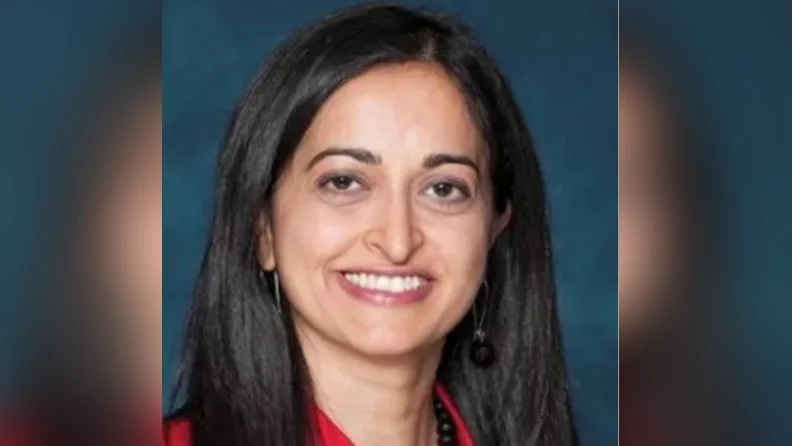
JACKSONVILLE, Fla. — Brain cancer presents significant treatment challenges, particularly gliomas, which have a poor five-year survival rate. In a study published in the Proceedings of the National Academy of Sciences, Mayo Clinic researchers unveiled a new surgical platform that aids in critical tumor treatment decisions within minutes during surgery.
The platform employs mass spectrometry to identify isocitrate dehydrogenase (IDH) mutations in brain cancer in real time. This technique analyzes substances in tissue samples, including those altered by cancer. The study examined over 240 small tissue biopsies from patients undergoing brain surgery for suspected glioma at Mayo Clinic between 2021 and 2023, alongside an additional 137 biopsies from an international collaborator.
Neurosurgeons collected biopsy samples from both the core and surrounding areas of tumors to determine mutation presence and potential spread. Each sample was analyzed through mass spectrometry near the patient during ongoing surgery, allowing rapid assessment within two minutes.
According to researchers, this platform not only enables real-time diagnosis but also assists surgeons in determining prognosis and performing tumor resections to improve patient outcomes. Future applications could allow surgeons to tailor treatments based on the molecular characteristics of tumors during surgery itself.
"The ability to identify this mutation during brain surgery means that one day in the future we may be able to treat patients with this specific mutation locally before they leave the operating room," said Alfredo Quiñones-Hinojosa, M.D., senior author of the study and dean of research at Mayo Clinic Florida. "Therefore, we will be able to bring the fight against cancer to the operating room before chemotherapy and radiation treatments begin."
Researchers diagnosed IDH gene mutations with 100% accuracy and are now exploring other tumor signatures where this mutation is absent. They also plan to extend their findings to other types of brain cancers.
This research received partial support from the National Cancer Institute under award number R33CA240181. For further details on authorship, funding, and disclosures, refer to the published paper.
Mayo Clinic is dedicated to innovation in clinical practice, education, research, and providing compassionate care.